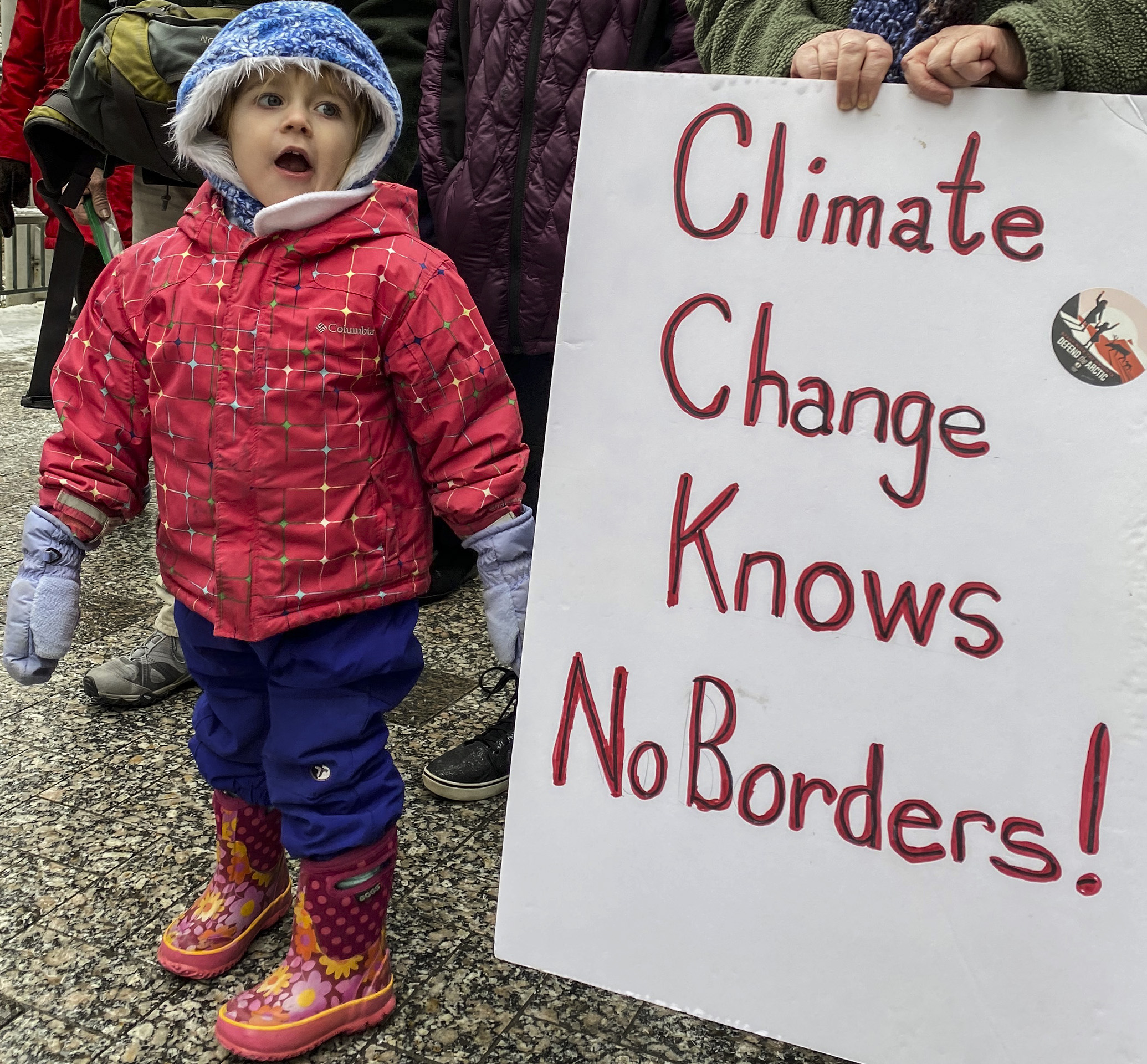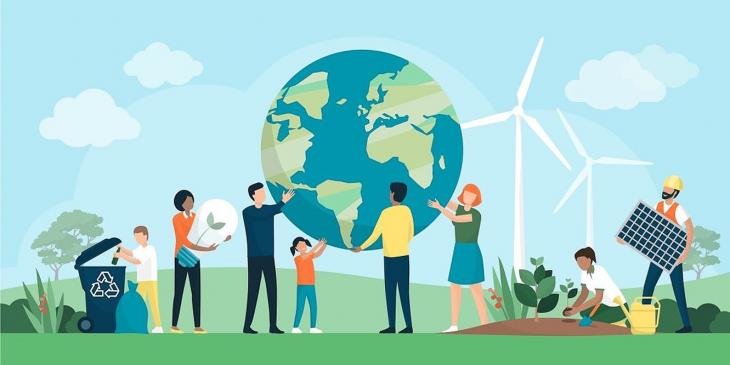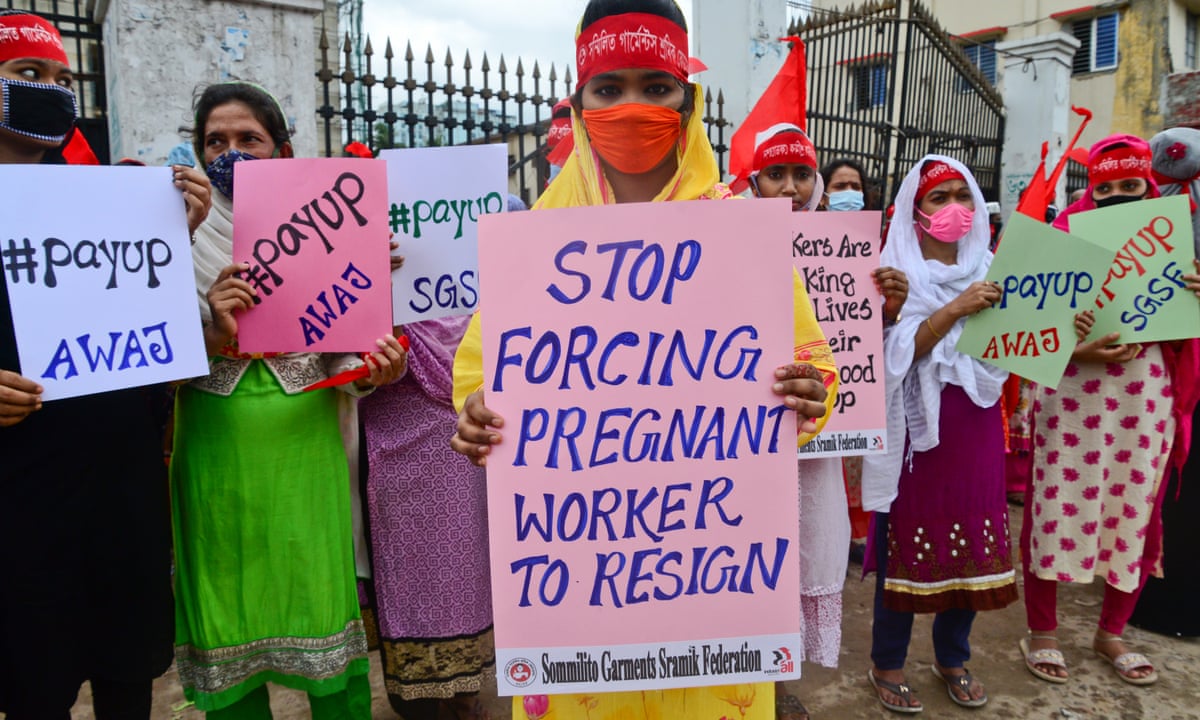Global Action Plan
All nations on all continents are being impacted by climate change. It is harming people’s lives and upsetting national economies. Sea levels are rising, weather patterns are shifting, and extreme weather events are happening more frequently.
Although the COVID-19 pandemic-related travel restrictions and economic slowdowns are expected to cause a 6% reduction in greenhouse gas emissions in 2020, this improvement is only transitory. There is no pause in climate change. Emissions are anticipated to increase once the world economy has recovered from the pandemic.
Action must be taken immediately to address the epidemic and the climate disaster in order to save lives and livelihoods.

Building economic and political power to make the switch from an extractive to a regenerative economy is the goal of a combination of concepts, methods, and practices known as “Just Transition.” It is place-based, vision-driven, and cohesive. This calls for thoroughly addressing the production and consumption cycles while generating no waste. In order to right past wrongs and create new power structures for the future through reparations, the shift itself must be just and rational. If the transition process is unfair, the outcome never will be. Just Transition explains both our destination and our method of travel.

SHIFT FROM FOSSIL FUEL TO RENEWABLE SOURCE OF ENERGY
Any effort to safeguard small children and expecting mothers in developing countries should involve measures to electrify neighborhoods and offer access to air conditioning. Lower income countries have less access to indoor employment and climate-controlled housing, leaving them more vulnerable to extreme heat and humidity. Additionally, even without the effects of climate change, health risks and vulnerabilities are elevated for persons living in developing countries. This reflects that developed nations should provide resources to underdeveloped nations as their actions leading to massive climate change issues are causing more harm to the population of the underdeveloped nations. Resources such as technology, food, healthcare and finances should be provided by the developed nations to help the poor countries and their unborn childrens.

In developing nations, pregnant women’s should be provided financial, medical and emotional support by their government. Stricter laws should be passed to protect vulnerable pregnant women’s from working in dangerous factories exposing themselves to the pollutants that can harm their babies. Pregnant women deserve rest, no matter what countries they belong to. In order to protect the effects of global climate change, developed nations should help developing nations in every way possible for the betterment of the future generations.
Stricter government policies and improved work conditions for pregnant women’s